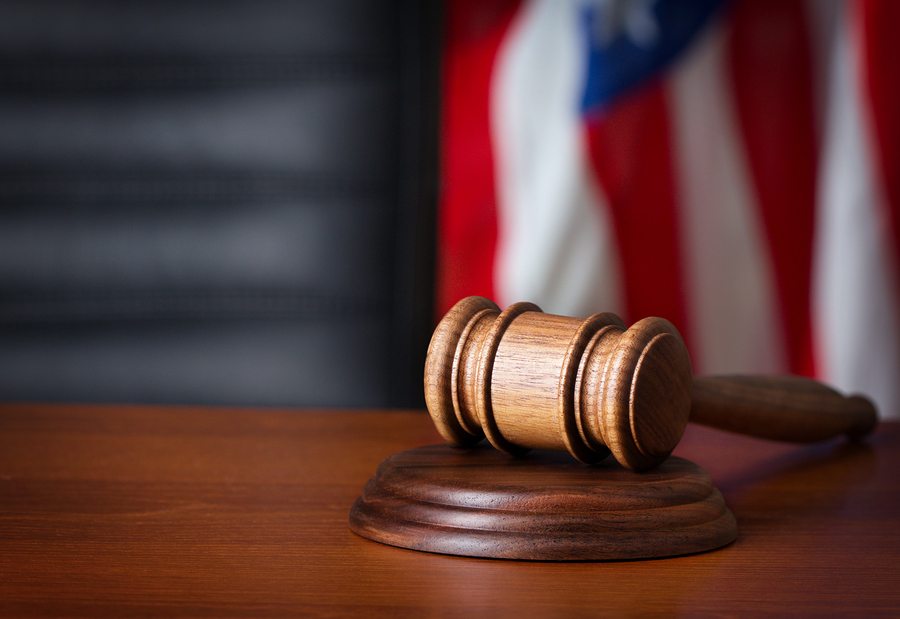Every state, including Pennsylvania, has different requirements for motorcycle helmets. While it’s important to understand and comply with Pennsylvania’s helmet laws, there’s an even better reason for wearing a helmet: it can substantially reduce the risk of suffering a major head injury. However, if you or one of your family members has already been hurt in a crash, motorcycle accident lawyer Brent Wieand may be able to help you recover compensation for your injuries.

Motorcycle helmets were not required during the early twentieth century. Many of today’s helmet laws originate in the 1966 Federal Highway Act, which required states to implement helmet laws in order to receive federal funding for highway construction.
Founded by Easyriders editor Lou Kimzey, chapters of a motorcycle activism group called ABATE (A Brotherhood Against Totalitarian Enactments) pushed back against helmet requirements during the early 1970s, likely encouraged by the Illinois Supreme Court’s 1969 decision to repeal the state’s helmet law on the basis of unconstitutionality. However, after several decades of repeal bills and legal disputes, the Intermodal Surface Transportation Efficiency Act of 1991 eventually created 23 U.S. Code § 153, which required all states to pass helmet laws under threat of financial penalization for noncompliance.
Today, virtually all states have adopted motorcycle helmet laws with the three notable exceptions of Illinois, New Hampshire, and Iowa. However, while motorcycle helmet laws now exist throughout most of the U.S., their provisions vary from state to state. Utah, for instance, is the only state to specify a speed limit at which helmet use becomes mandatory.
Unfortunately, Pennsylvania repealed its prior motorcycle helmet law in 2003 with the passage of S.B. 259. However, it remains mandatory in Pennsylvania to wear a helmet for all motorcyclists aged 20 and younger. Even if a motorcyclist is 21 or older, he or she is still required to wear a helmet unless he or she has either:

Simply having a helmet is not enough. In order to be in compliance with the law, the helmet must be able to meet certain safety criteria developed by the United States Department of Transportation (USDOT). If the helmet passes these criteria —collectively known as the Federal Motor Vehicle Safety Standards 218 (FMVSS 218) — the back of the helmet should feature a DOT sticker. You can also find information about helmet performance on the U.S. Consumer Product Safety Commission website.
Some helmet manufacturers submit products for additional safety testing to an independent organization called the Snell Foundation, which touts its standards as “the most demanding.” However, Snell certification is completely voluntary, and thus does not extend to all helmets produced or sold in the U.S.
Unlike Snell certification, DOT certification is mandatory. Unfortunately, defective products still find their way to the consumer market, leading to preventable head injuries and neck injuries. This brings up an important question for motorcyclists and their passengers…
There are numerous studies and statistics indicating significant safety benefits and mortality prevention associated with helmet use. According to a National Highway Traffic Safety Administration (NHTSA) report on the relationship between helmet use, head injuries, and facial injuries, “Helmeted motorcyclists were less likely to experience facial and head injuries compared to unhelmeted motorcyclists. Helmeted motorcyclists were significantly less likely to experience a traumatic brain injury.” How much less likely? Citing DOT and NHTSA data, the Insurance Institute for Highway Safety reports that helmets “are about 37% effective in preventing motorcycle deaths and about 67% effective in preventing brain injuries” — both considerable margins.
By some estimates, these figures are even higher. Analyzing data from the U.S. General Accounting Office (GAO), the NHTSA found that “[h]elmeted riders have up to a 73% lower fatality rate than unhelmeted riders,” whereas riders who wear helmets “have up to an 85% reduced incidence of severe, serious, and critical injuries than unhelmeted riders.”
If you or one of your family members was hurt in a motorcycle accident in Pennsylvania, you could be able to recover compensation for your medical bills, lost income, and other losses with help from a knowledgeable and experienced personal injury lawyer. To talk about your loved one’s motorcycle injury or wrongful death claim in a free and confidential legal consultation, call the Wieand Law Firm, LLC at (888) 789-3161.
*Disclaimer: This article is for informational purposes and is not legal advice. The Wieand Law Firm, LLC is based in Philadelphia, PA, and proud to serve clients throughout Pennsylvania and New Jersey.*